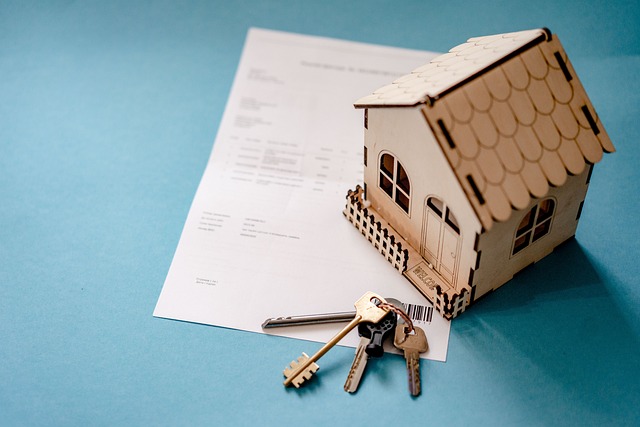Title loan defaults severely impact credit scores, making future borrowing difficult and increasing interest rates. These consequences last for years. To avoid this, explore alternatives like personal loans or debt consolidation, communicate openly with lenders about payment plans, make timely payments for all debts, and consider title loans as a last resort due to their high-interest rates.
A title loan default can have severe repercussions, significantly damaging your credit score. This article delves into the fundamental aspects of title loan defaults, exploring their immediate and long-term effects on your financial health. We provide practical strategies to mitigate and repair credit score damage after a default. Understanding these title loan default consequences is crucial for making informed decisions and restoring your financial standing.
- Understanding Title Loan Defaults: The Basics
- Impact on Credit Score: Immediate and Long-Term
- Strategies to Mitigate and Repair Damage After Default
Understanding Title Loan Defaults: The Basics

When you take out a title loan, you’re essentially borrowing money against the value of your vehicle. If you fail to repay the loan as agreed, it’s known as a default. Unlike traditional loans where late payments might incur fees, a title loan default has more severe consequences. The lender has the right to repossess your vehicle, which can leave you without transportation and potentially disrupt your daily life.
Title loan defaults also have significant impacts on your credit score. Credit bureaus consider these defaults as negative marks, reflecting poorly on your financial responsibility. This can limit your access to future loans, credit cards, or even rental opportunities. Additionally, high-interest rates typical of title loans can exacerbate the debt, making it harder to recover financially. It’s crucial to understand these risks before considering a title loan, especially when alternative options like quick approval personal loans or financial assistance through debt consolidation may be more beneficial and less destructive in the long term.
Impact on Credit Score: Immediate and Long-Term

When you take out a car title loan, the lender holds onto your vehicle’s title as collateral until the debt is repaid. If you fail to fulfill the loan terms and default on the title loan, the consequences can be severe for your credit score. Immediately following a default, your credit report may reflect a significant drop in your credit rating due to the delinquency. This sudden dip can make it harder to obtain future loans or credit cards with favorable interest rates.
In the long term, a title loan default can have persistent effects on your financial health. Lenders consider this event as a sign of financial irresponsibility, and it may take several years for your credit score to recover fully. During this time, you might face challenges in securing rental properties or even certain types of employment that require a background check. Additionally, future loan applications may be subjected to more stringent scrutiny, with lenders offering less favorable loan terms as a result of the perceived higher risk associated with your credit profile.
Strategies to Mitigate and Repair Damage After Default

After a default on a title loan, individuals often find themselves facing significant credit score damage and other financial consequences. However, there are several strategies to mitigate and repair this damage. One key step is to actively communicate with the lender. Many lenders are open to working out a payment plan or restructuring the debt to help borrowers avoid further defaults. Negotiating a repayment agreement can not only halt the decline in credit score but also provide some financial relief.
Additionally, focusing on timely payments for all existing debts, including utility bills and rent, is crucial for rebuilding one’s creditworthiness. The faster you resume making consistent payments, the quicker your credit score will start to recover. Consider using a car title loan as a last resort when facing short-term financial emergencies; these loans can offer quick cash but come with high-interest rates and potential risk of default. Alternatively, exploring alternative financing options or seeking professional financial advice could help individuals make more informed decisions regarding their finances and avoid the negative Title loan default consequences.
Title loan defaults can significantly impact your credit score, affecting both immediate financial opportunities and long-term prospects. However, understanding the consequences and implementing strategic steps to mitigate and repair damage is crucial for recovering from a title loan default. By being proactive in managing your credit and employing effective repair strategies, you can work towards rebuilding your financial health. Remember, addressing title loan default consequences head-on is essential in navigating the path to better credit and a more secure financial future.






